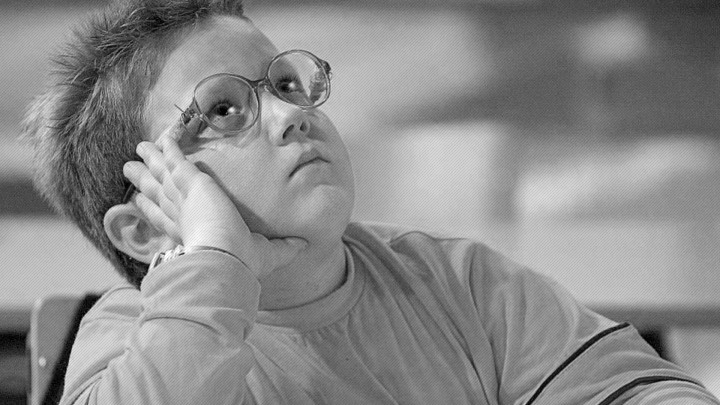
Fiesta
The objective of the series Fiesta was to show the more human and social side of citizens by means of their traditional fiestas. Antonio Mercero said on more than one occasion that it was an “easy” work, and that thanks to the series he was able to discover different parts of Spain.
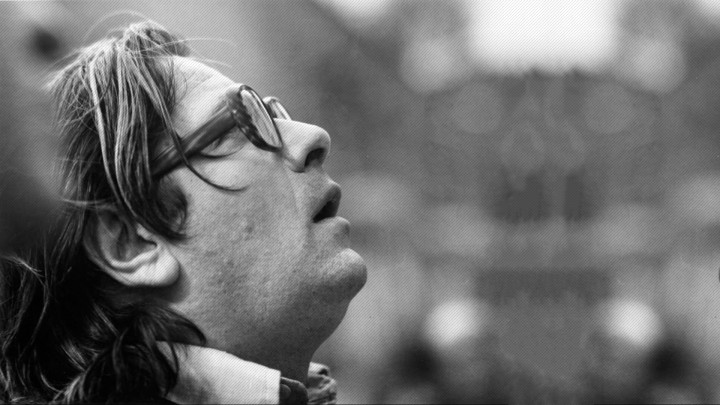
Históricos del balompié
Mercero was mad about football. Thanks to Históricos del balompié he was able to take a closer look at his favourite footballers.
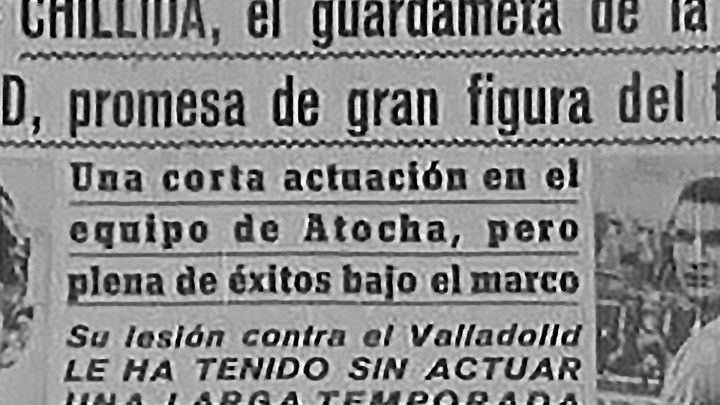
Simposium para la paz
This comedy programme looks at an international meeting on global peace.
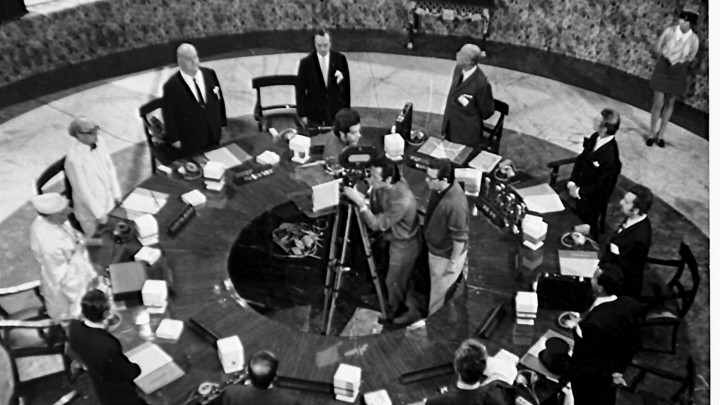
Crónicas de un pueblo
This can be considered as Mercero’s first television success. The plot was set around life in a perfect town where everybody lives according to Spain’s fundamental laws. Apart from directing the work, he also acted in it. He left the job a year later prompted by the controversies and ideological conflicts with the Franco-supporting apparatus.
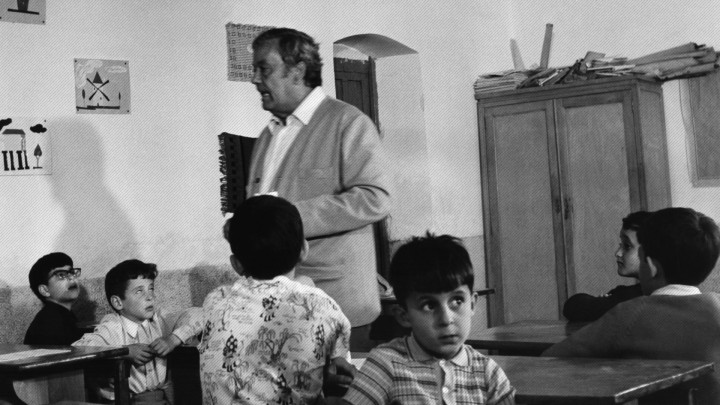
La cabina
This surrealist drama is one of Mercero’s most important films, winner of the International Emmy Award. Although at first glance it appears to be a simple story, it addresses a number of delicate subjects. It received critical acclaim at home and abroad.
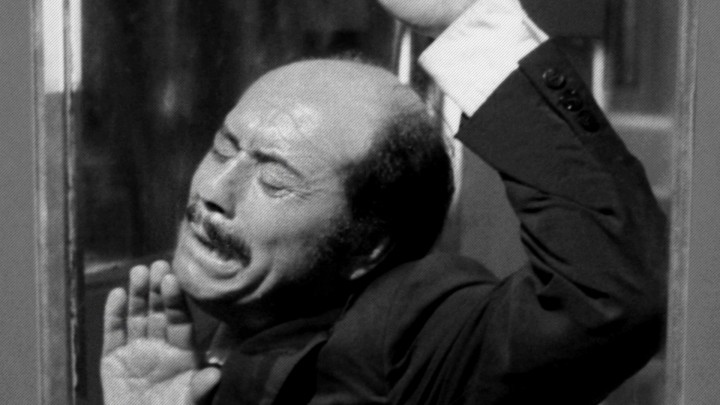
Los pajaritos
According to La Vanguardia, the film Los pajaritos was a “beautiful combination of contamination and humour”.
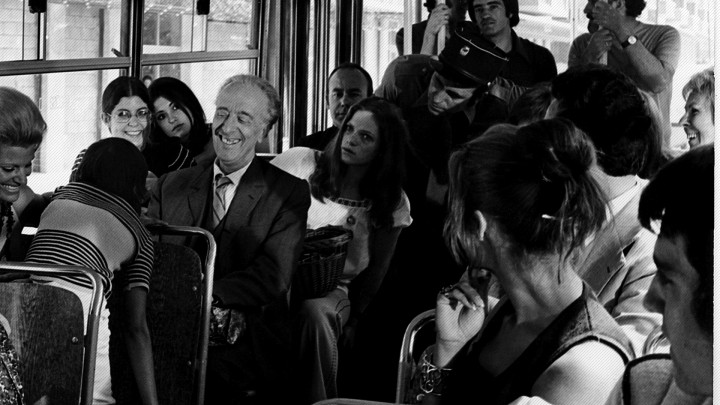
Don Juan
A somewhat inexperienced director turns up on a television set with his whole crew to proceed with the casting for José Zorrilla’s version of Don Juan Tenorio.
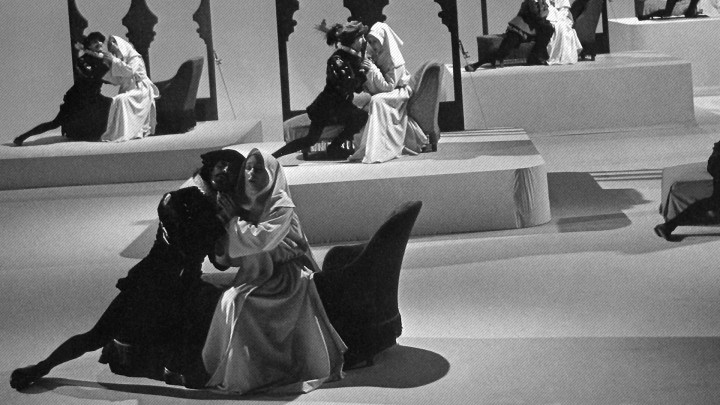
Este señor de negro
Este señor de negro is a series released in 1975. It had a total of 19 episodes and was broadcast by TVE. The storyline revolves around the character of Sixto Zabaneta, invented by the illustrator Antonio Mingote. It represents Spanish society’s most archaic values and principles.
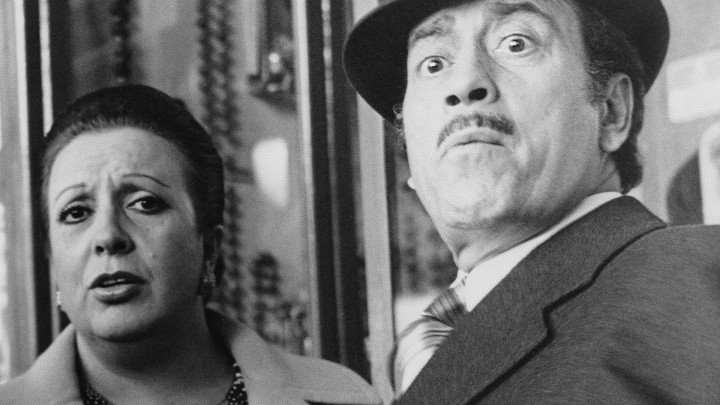
La Gioconda está triste
Work directed by Antonio Mercero with actors Alfonso Godá, Luis García Ortega, Walter Vidarte, and Lorenzo Ramírez, among others. Antonio Mercero also wrote the screenplay. Broadcast in 1977 by Spanish public television.
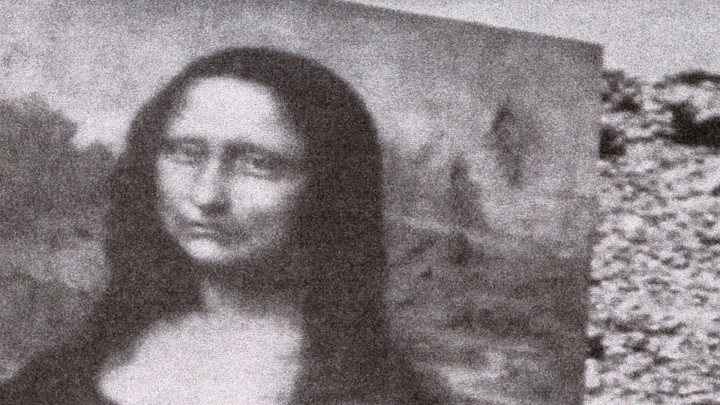
Picasso insólito (NO-DO)
A peculiar look at the life and work of Pablo Picasso based on little paintings by the artist Manuel Blasco Alarcón reflecting the life of the artist from Malaga.
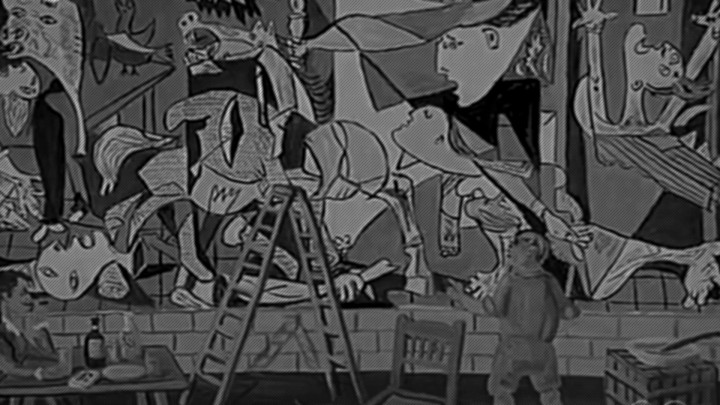
Verano Azul
One of Antonio Mercero’s most significant series. This is a family drama set on the Andalusian coast, with the adventures of a group of youngsters on their summer holiday as the main theme. As well as the young people, a lady artist and a retired fisherman play an important part in the plot. Antonio Mercero created and directed the series.
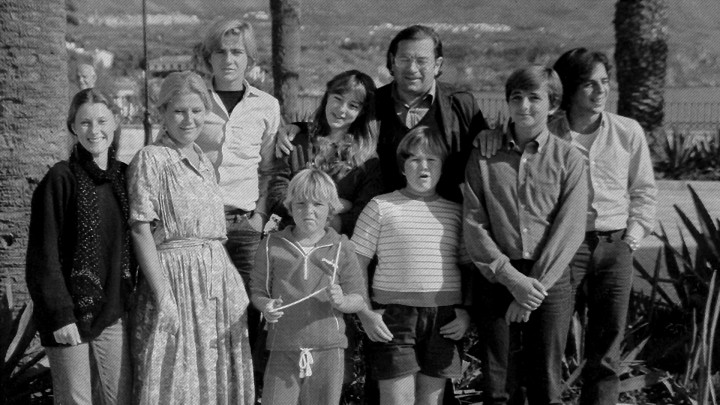
La noche del licenciado
A work with strong autobiographical overtones referring to the ability of the individual to decide their future freely and to the influence which family opinions and social pressure can have on that decision. Antonio Mercero also had to choose between being a lawyer or a filmmaker.
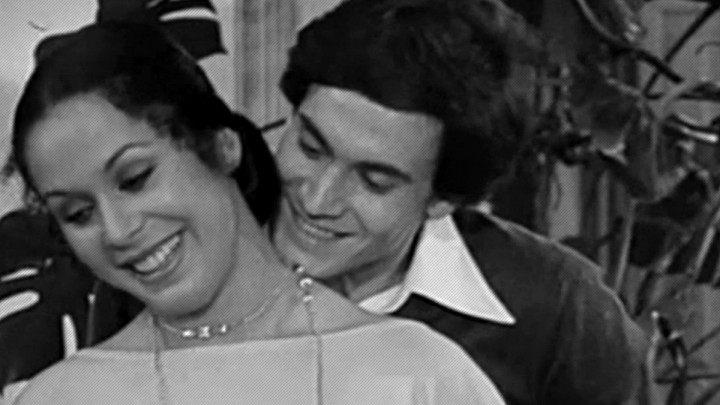
El pueblo sumergido
El pueblo sumergido was a work of rather limited repercussion. Furthermore, as affirmed by many critics in publications of the time, it is a hugely dense film because it addresses many of Antonio Mercero’s core values and principles.
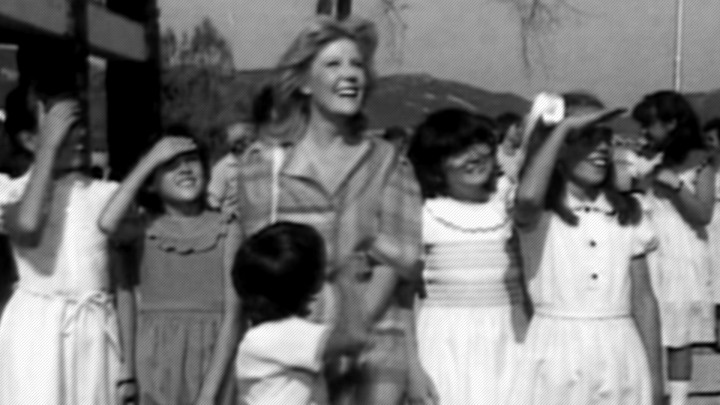
Turno de oficio
This series produces a realistic image of the world of crime and justice in the Madrid of the 1980s.
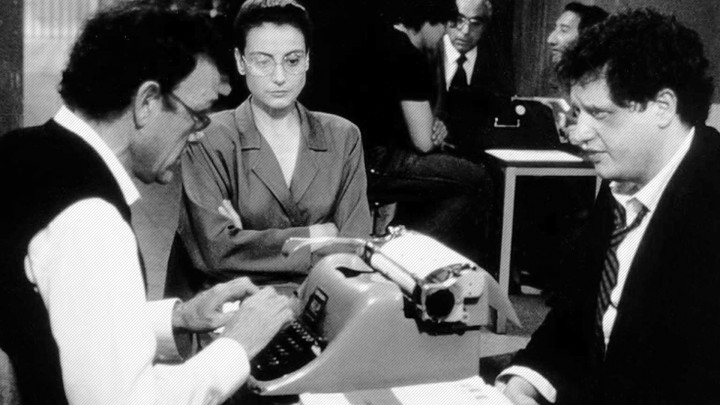
Farmacia de Guardia
Farmacia de guardia is the television series to have enjoyed the highest viewership to date in Spain, with an audience rating of 48%. It was filmed and broadcast between 1991 and 1995, although it has subsequently had reruns.
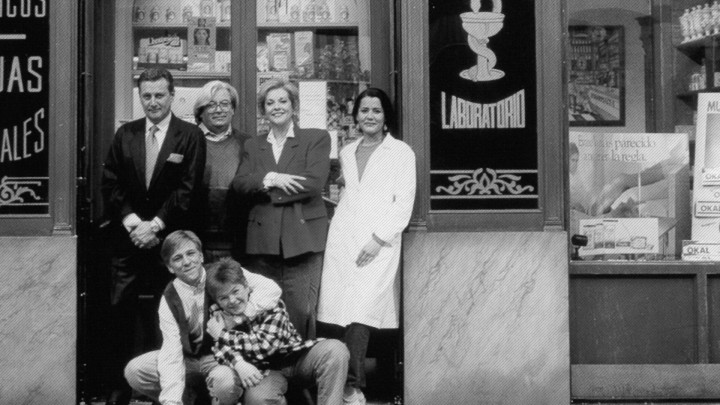
La habitación blanca
La habitación blanca is a very simple, almost insignificant tale. A man buys a new television set, the latest model, to satisfy his addiction with the device.
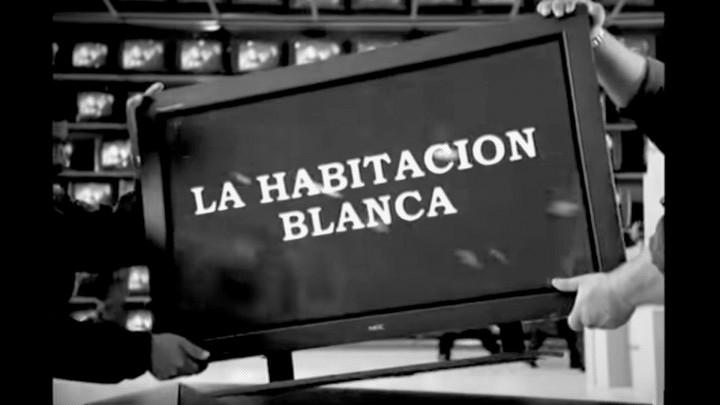
Manolito Gafotas
Manolito Gafotas is an 8-year-old boy with a very particular approach to life: he lives in Madrid’s Carabanchel district with his parents, his brother (known as “The Imbecile”), and his grandfather.
